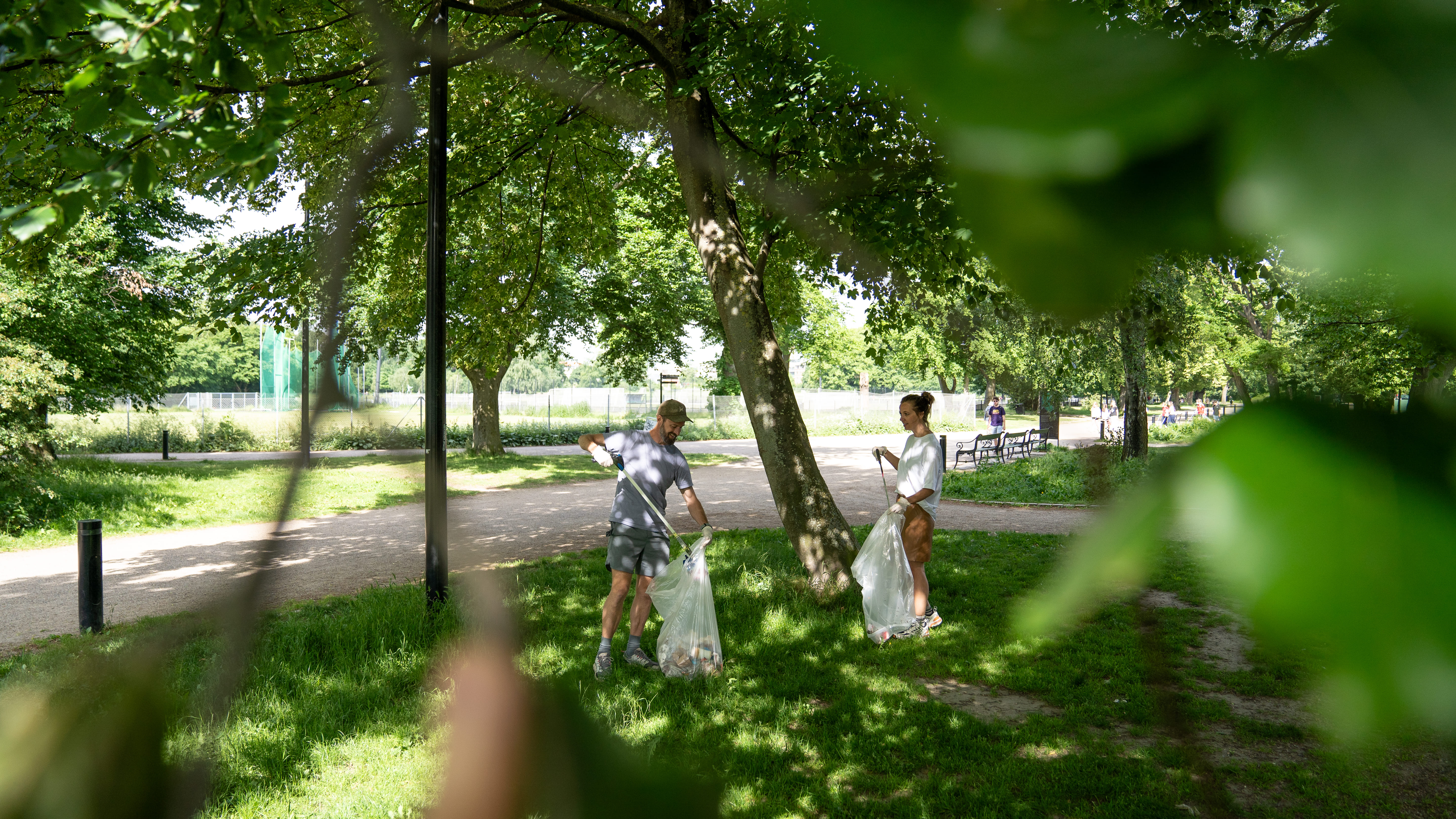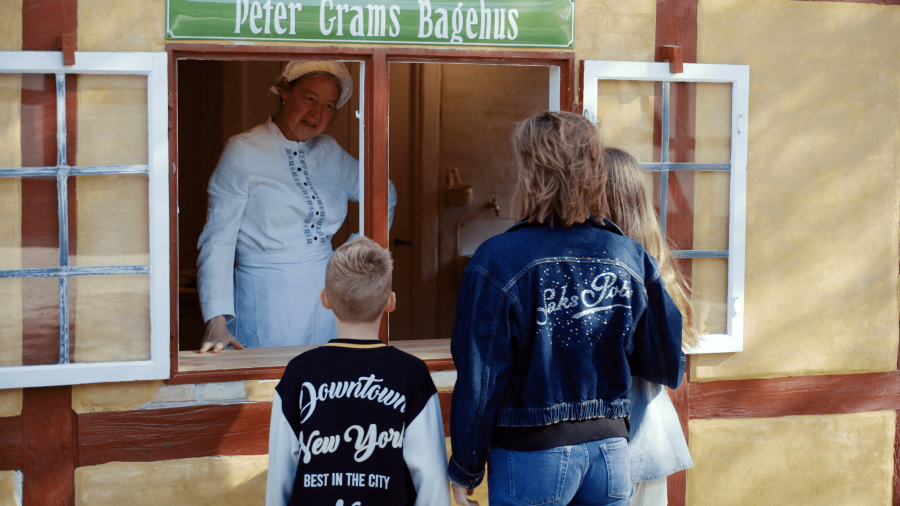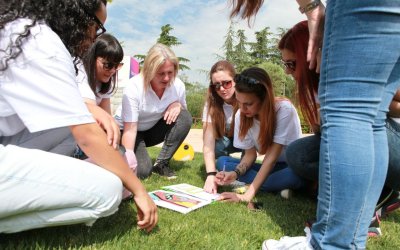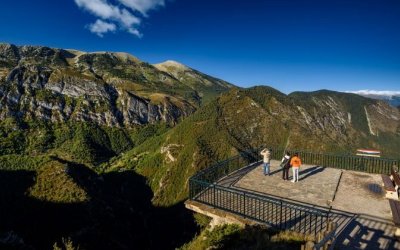The capital of Denmark has conducted a pilot test this summer to encourage sustainable practices among people visiting the city. At a time when many European destinations are imposing restrictions and taxes on tourism, Copenhagen has taken a different approach: rewarding visitors who engage in environmentally friendly behaviours.
The initiative is called CopenPay, and it is being promoted by Wonderful Copenhagen, the tourism organisation of the Capital Region of Denmark, with the goal of lowering tourists’ carbon footprint while enriching their cultural experience. From 15 July to 11 August, visitors who did things like using a bicycle or train to move around, keeping the city clean and helping to clean parks and beaches accumulated credit, which they could redeem for free or discounted experiences, including guided tours of museums, kayak rentals, lunches in vegetarian restaurants and tickets to cultural events, among many other options.
The mayor of Copenhagen, Sophie Hæstorp Andersen, stresses that CopenPay promotes responsible tourism and offers a unique way to discover the city's cultural and natural wealth. ‘We want tourists to explore Copenhagen in a way that's beneficial for both them and our environment,’ she said.
Likewise, the executive director of Wonderful Copenhagen, Mikkel Aarø-Hansen, claims that ‘tourism should go from being a burden on the environment to being a force for positive change’, and that one important step in this direction is ‘changing how we get around, what we consume and how we interact with locals at the destination’.
More than 20 attractions have participated in the pilot programme, including the National Museum, the National Gallery of Denmark, the Museum of Copenhagen and Copenhill, an artificial ski slope built on a new waste management centre which offers free admission to people arriving in public transport or on bike. After this trial period, the goal is to reintroduce CopenPay as a payment and reward system available all year round and especially to inspire other cities around the world to adopt similar initiatives to foster a more sustainable way of travelling.








